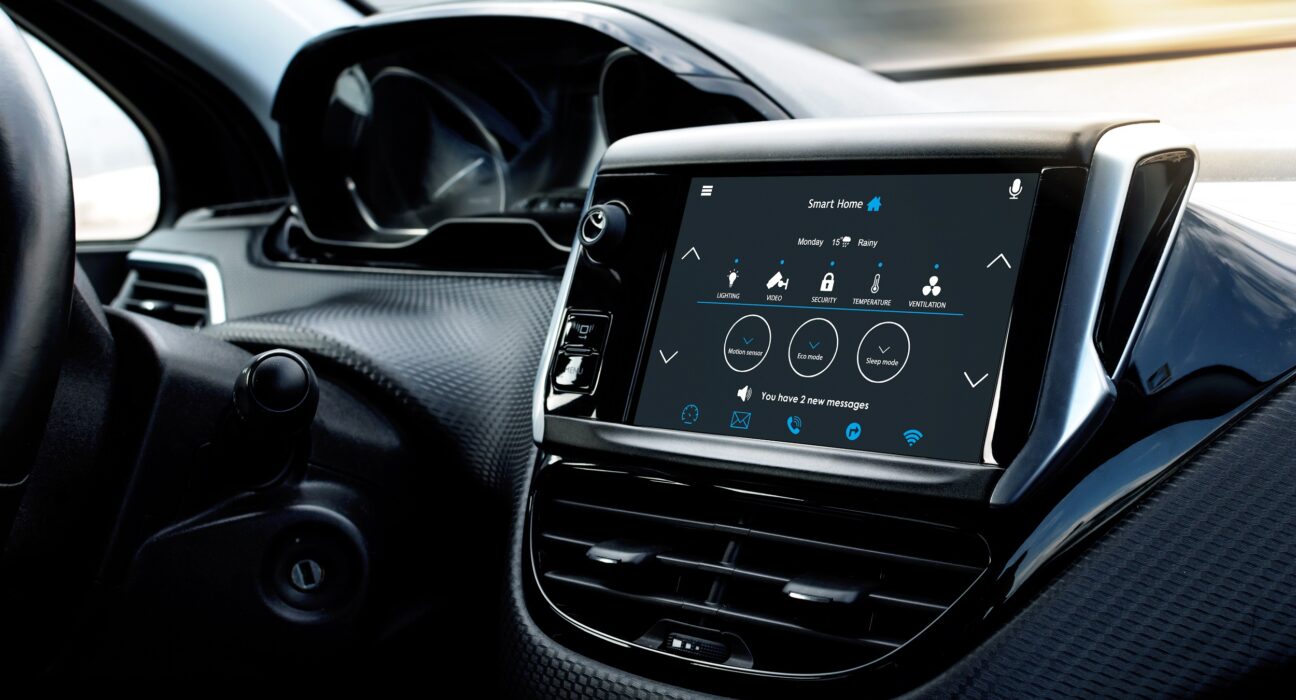The European Commission, in its quest to boost the competitiveness of the EU automotive sector, has issued informal guidance regarding the establishment of a licensing negotiation group within the automotive industry. This group, known as the Automotive Licensing Negotiation Group (ALNG), is tasked with negotiating licenses for standard essential patents (SEPs).
In a bid to support the Industrial Action Plan for the European Automotive sector introduced in March 2025, this guidance letter by the Commission sets out to facilitate fair negotiations and promote innovation within the automotive industry.
According to the guidance issued, ALNG’s activities should adhere to specific criteria to ensure compliance with EU competition rules. The group must negotiate licenses for standards not exclusive to the automotive sector and maintain a combined market share below 15% of total demand for SEPs or standards under consideration. Additionally, ALNG should be open to all interested companies in the automotive sector, allowing both car manufacturers and component suppliers to join voluntarily.
The European Commission’s assessment concluded that ALNG does not raise concerns under Article 101 of TFEU when certain conditions are met. These include voluntary negotiations for SEP holders, limited information exchange among ALNG members strictly necessary for licensing discussions, and no sharing of commercially sensitive data.
Expert Analysis:
According to industry experts, such guidance from regulatory bodies like the European Commission helps create a level playing field for businesses operating within standard essential patents frameworks. By outlining clear guidelines and promoting fair competition practices, these initiatives aim to foster innovation while protecting intellectual property rights.
Furthermore, by encouraging collaboration through entities like ALNG in negotiating licenses for digital technologies relevant across various sectors beyond automotive manufacturing, there is an opportunity to streamline processes and drive technological advancements more efficiently.
Background on Standard Essential Patents:
Standard essential patents (SEPs) play a crucial role in ensuring interoperability and innovation across industries by setting technical standards that products must meet. Companies holding SEPs commit to offering licenses on fair, reasonable, and non-discriminatory terms as part of their obligation when their patents are included in a standard.
In recent years, requests like those from Bayerische Motoren Werke Group AG (BMW), Mercedes Benz Group AG, thyssenkrupp AG, and Volkswagen AG have highlighted novel challenges around licensing negotiation groups (LNGs). These LNGs operate uniquely compared to traditional joint purchasing arrangements due to their focus on licensing intellectual property rights rather than physical goods or services.
Implications for Competition Law:
Article 101 of TFEU prohibits restrictive business practices that could impede competition within the Single Market. While Regulation 1/2003 empowers businesses with self-assessment capabilities concerning compliance with EU competition rules like Articles 101 and 102 TFEU,
the European Commission can provide informal guidance through mechanisms such as guidance letters when encountering novel or unresolved questions related to competition law applications.
Overall Impact:
The issuance of informal guidance letters by regulatory bodies signals a proactive approach towards addressing emerging challenges faced by industries grappling with complex legal frameworks. By providing clarity on antitrust regulations and fostering collaborative efforts through entities like ALNGs,
the aim is not only to enhance market competitiveness but also steer industries towards sustainable growth aligned with broader policy objectives such as Europe’s decarbonization goals outlined in initiatives like Clean Industrial Deal set forth by the European Commission.

